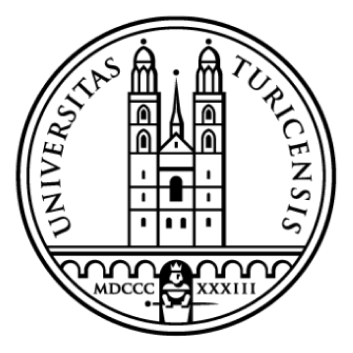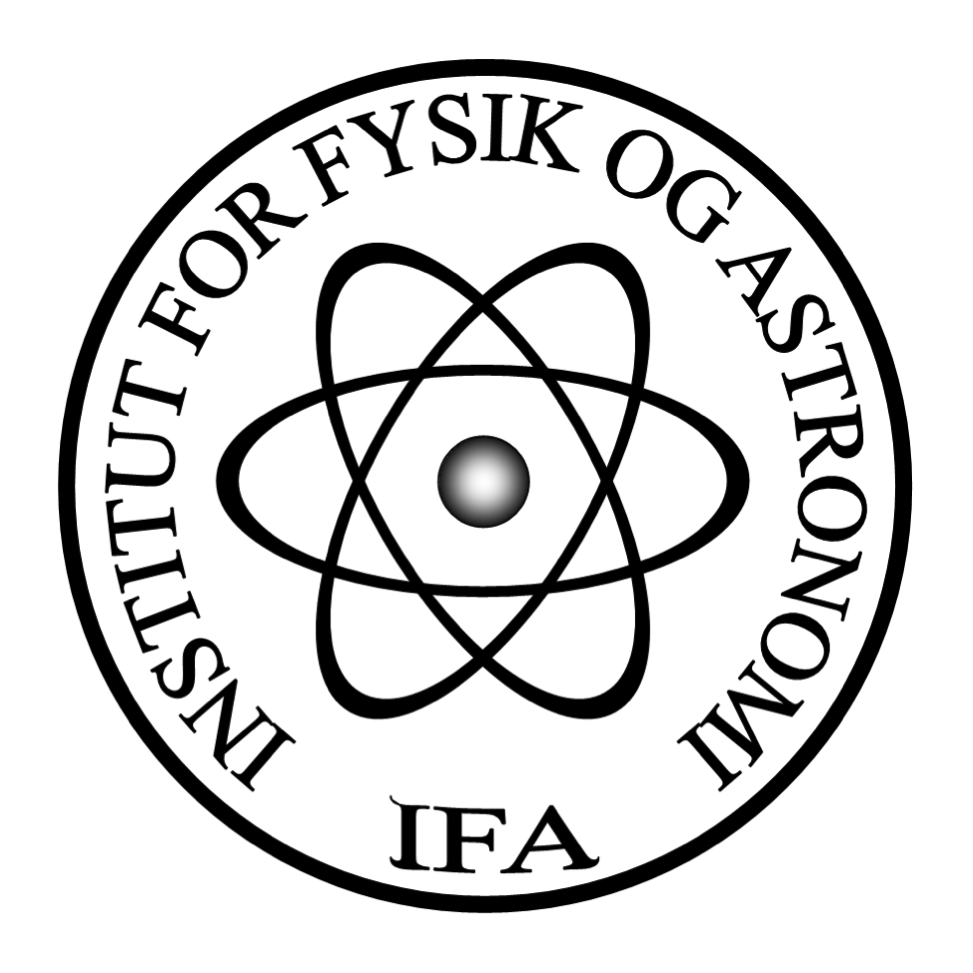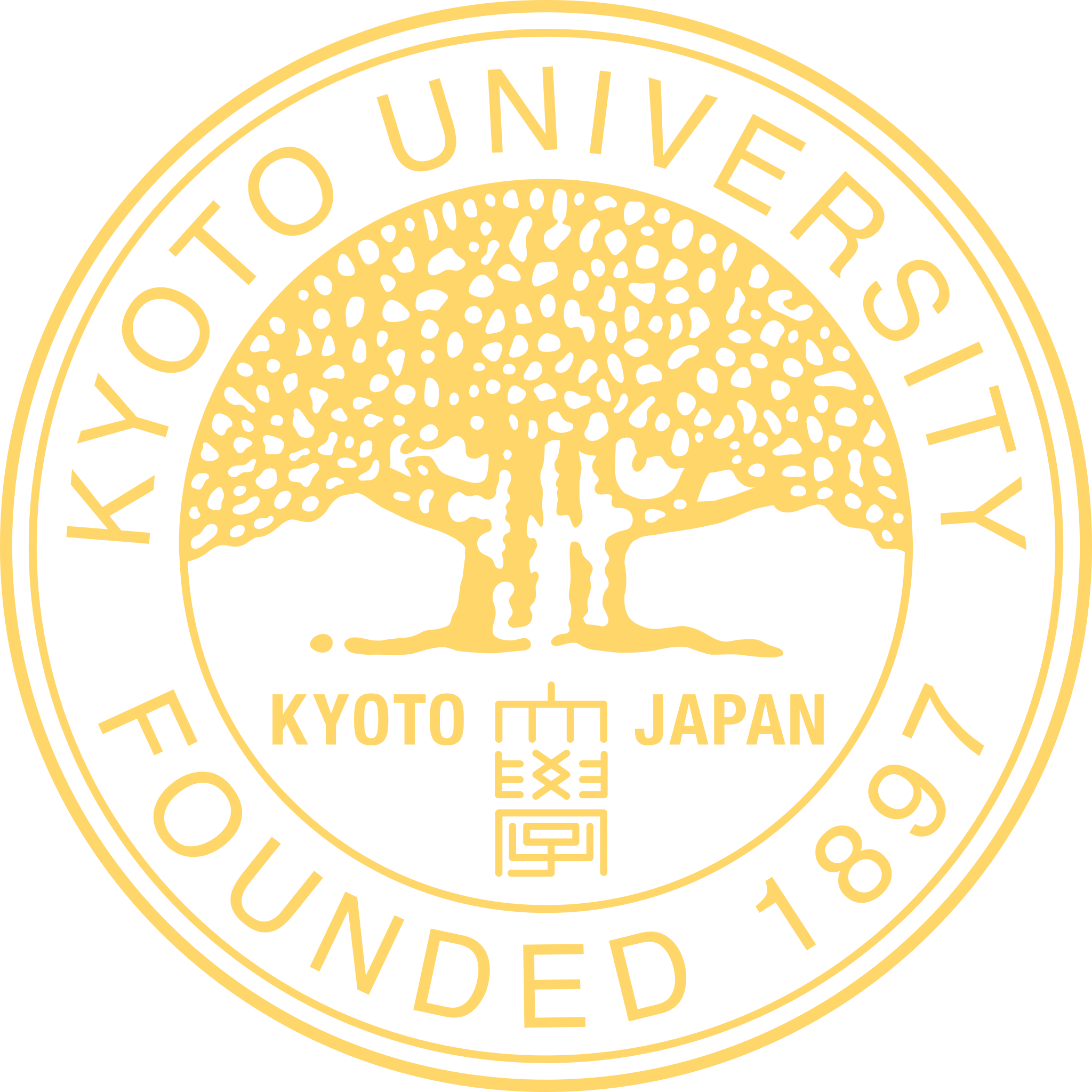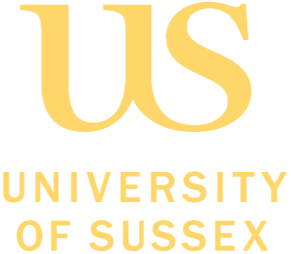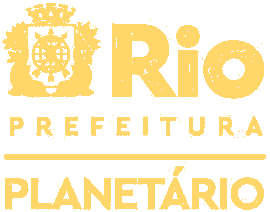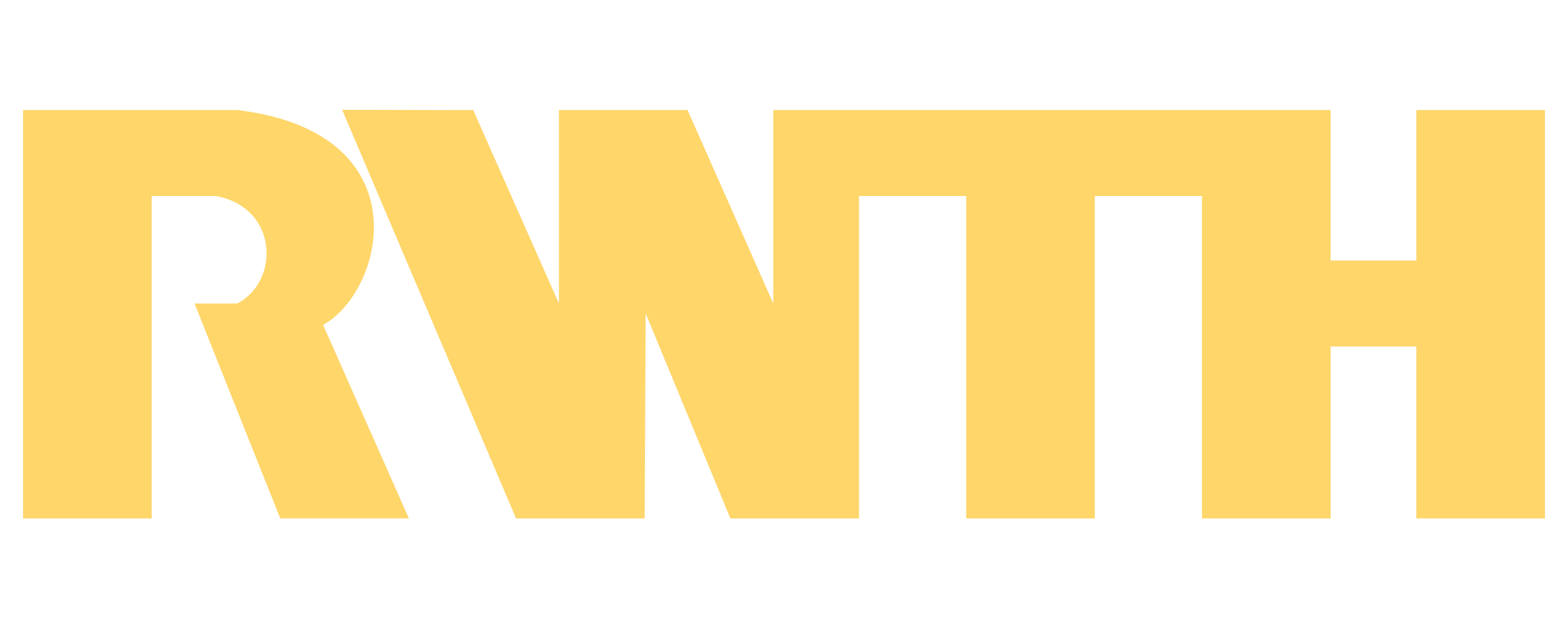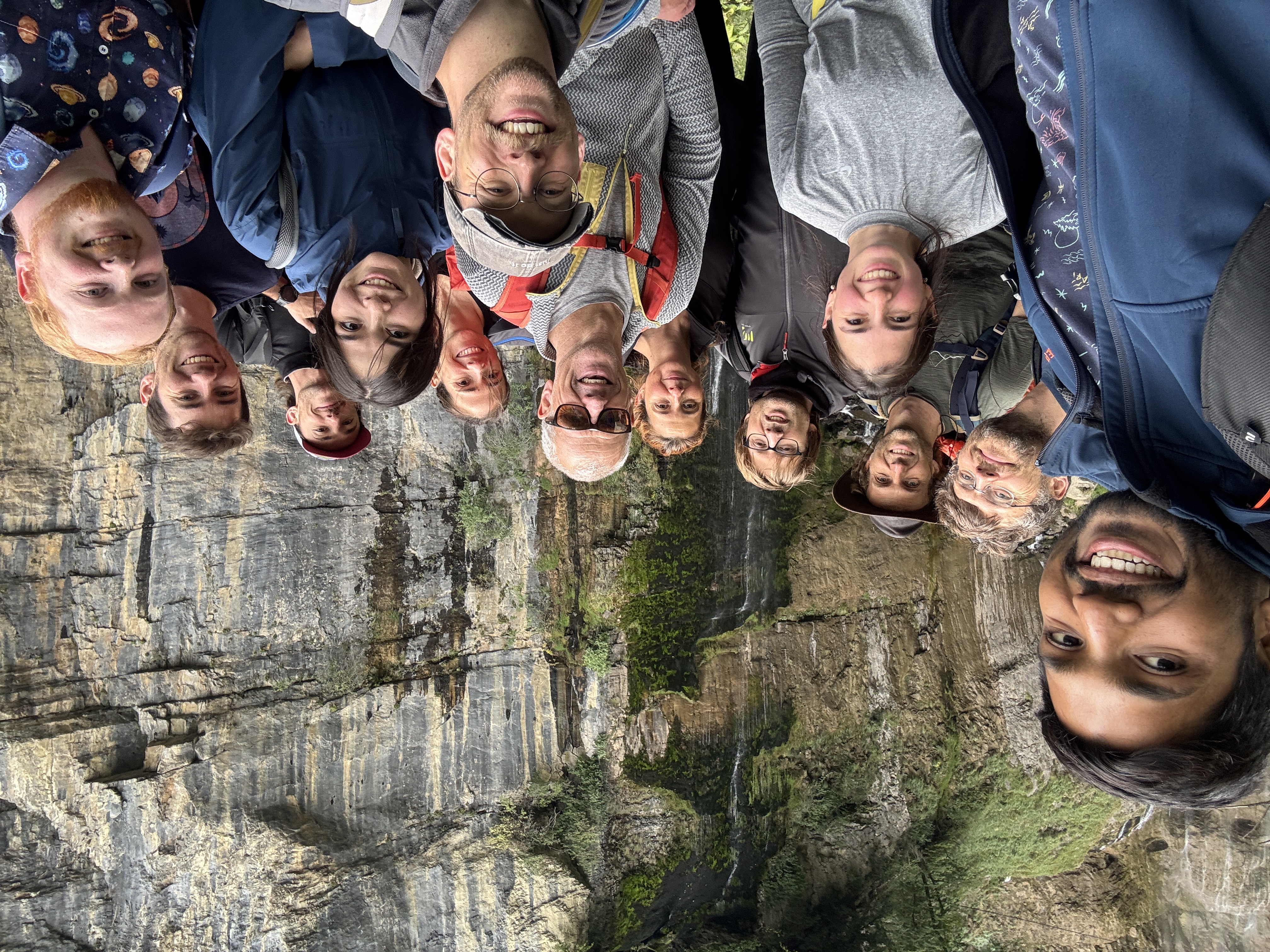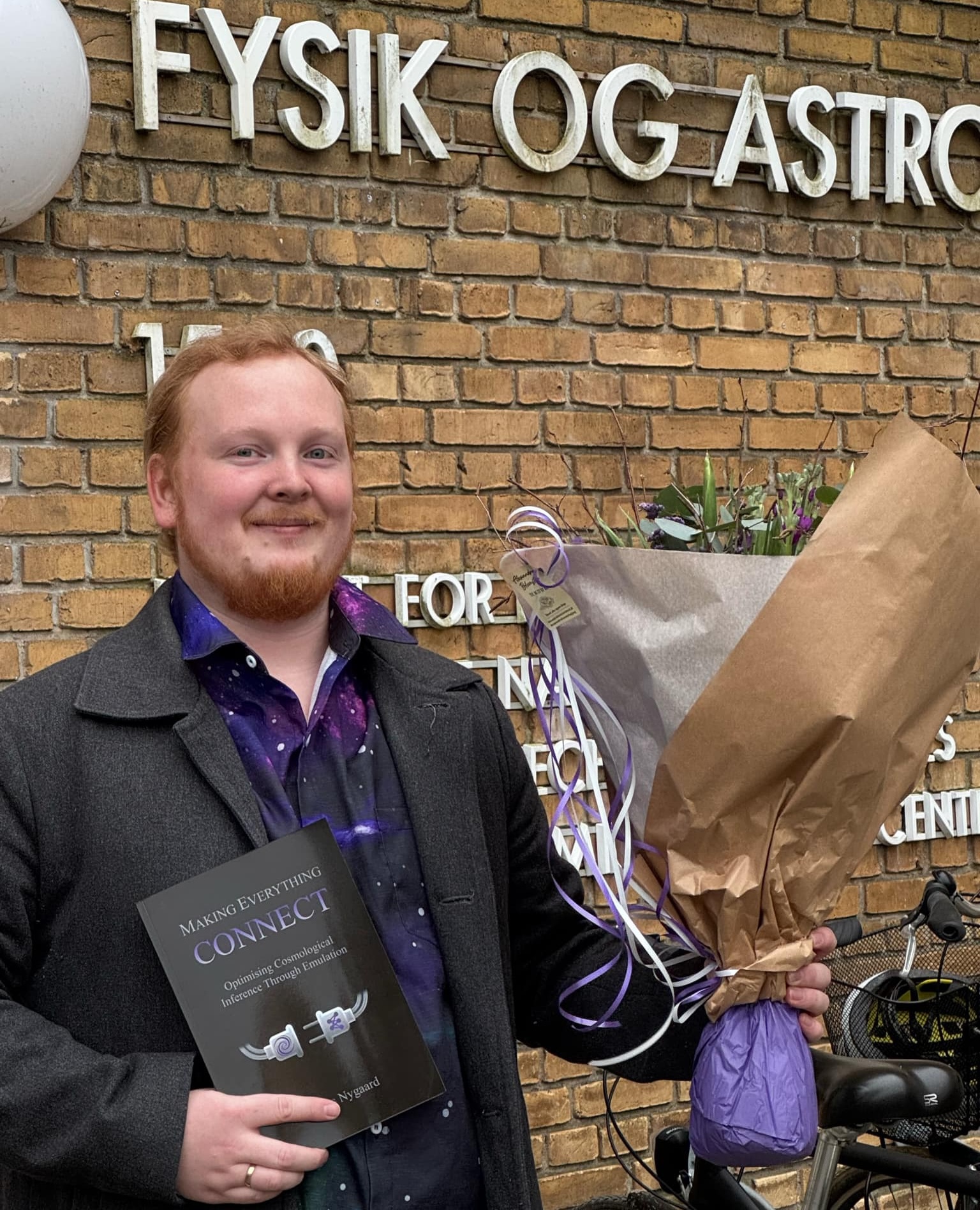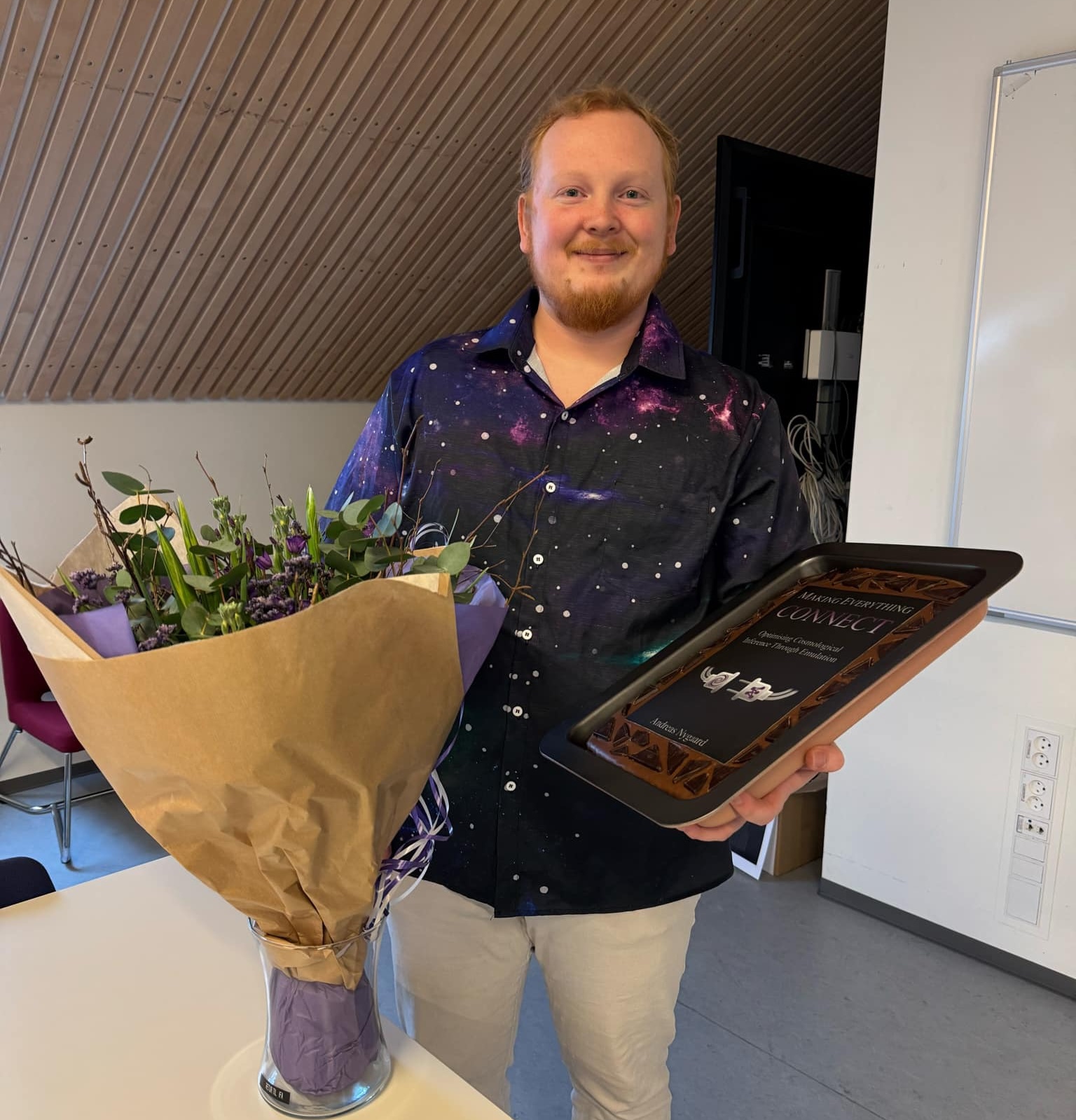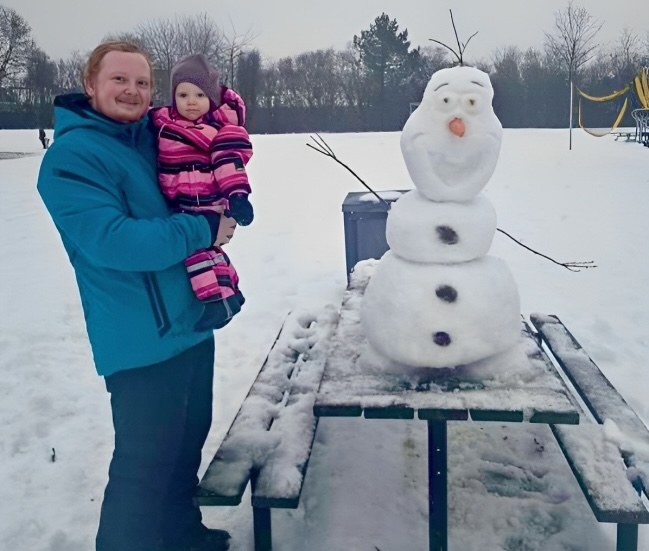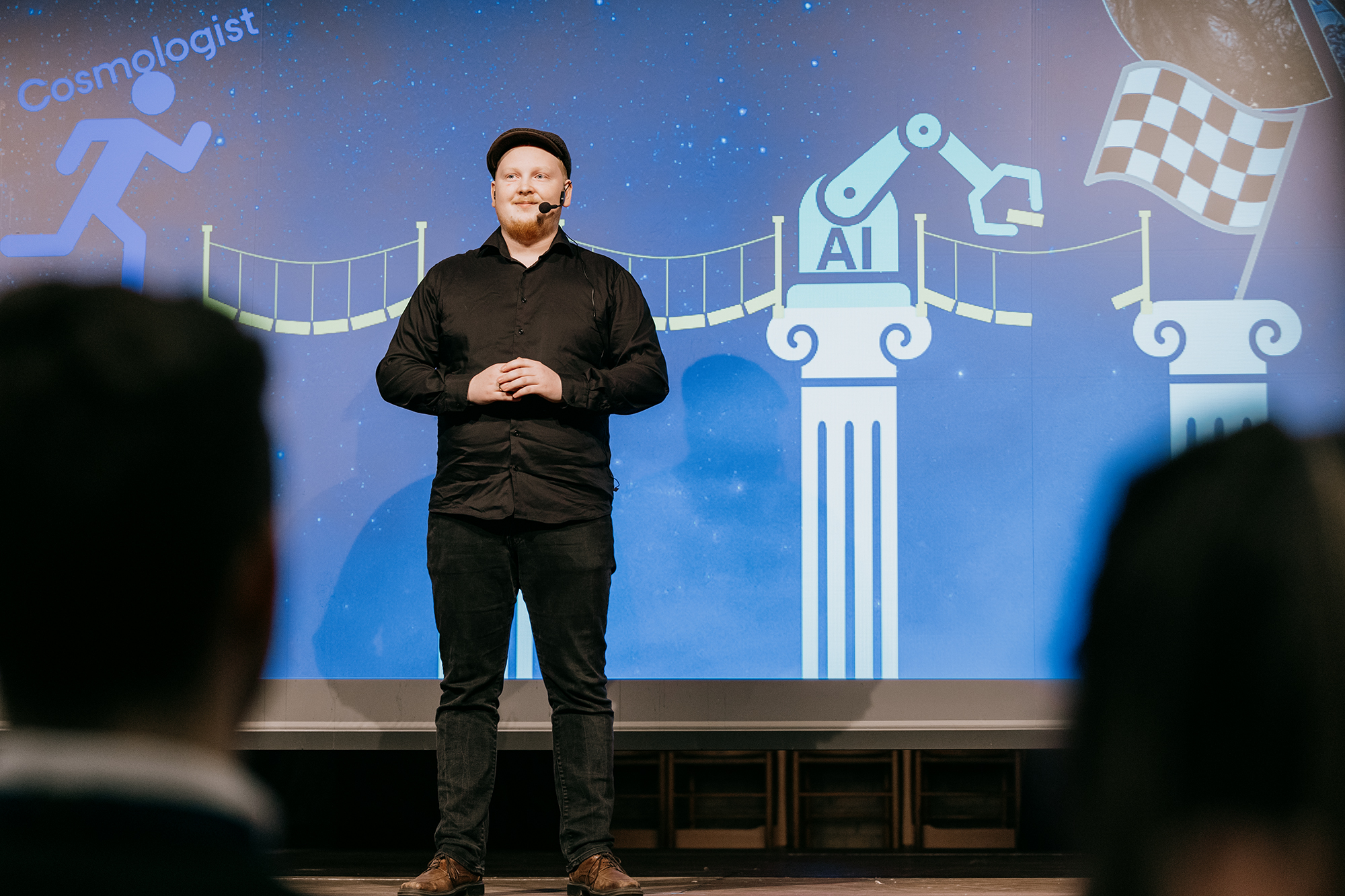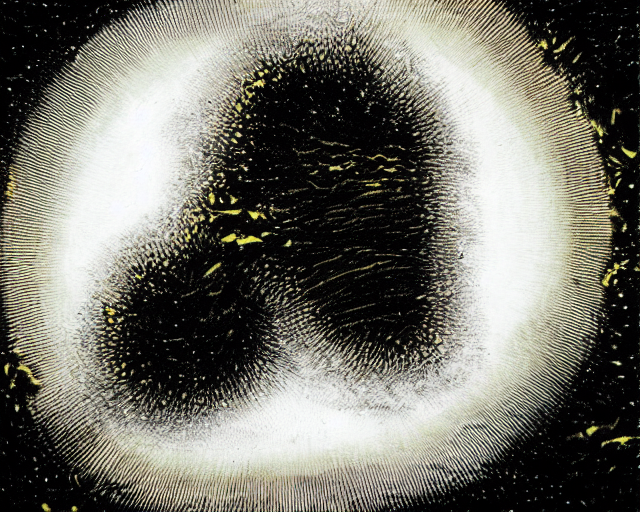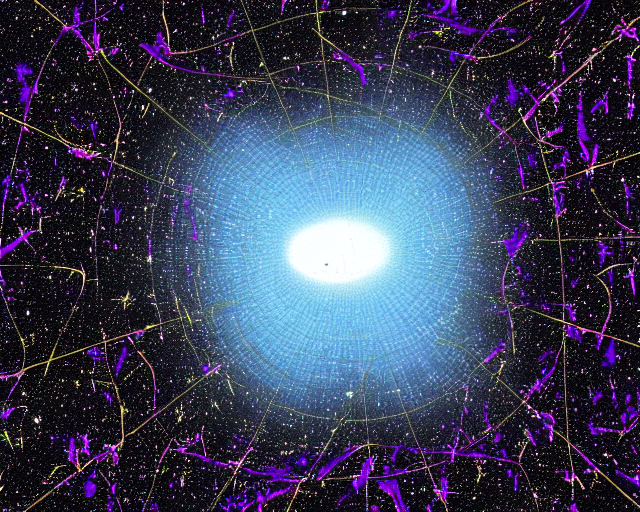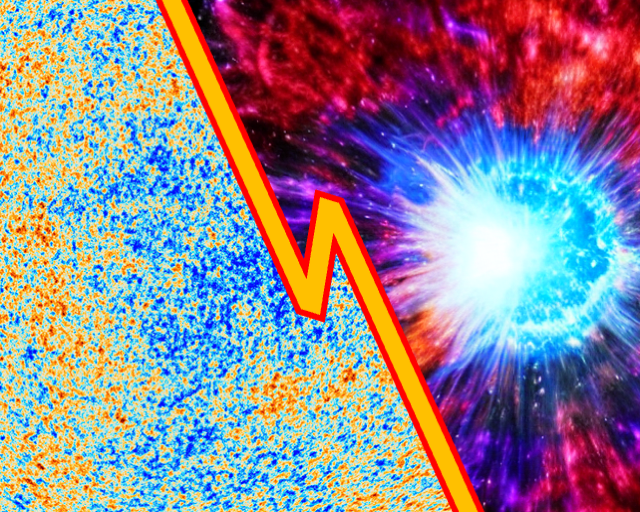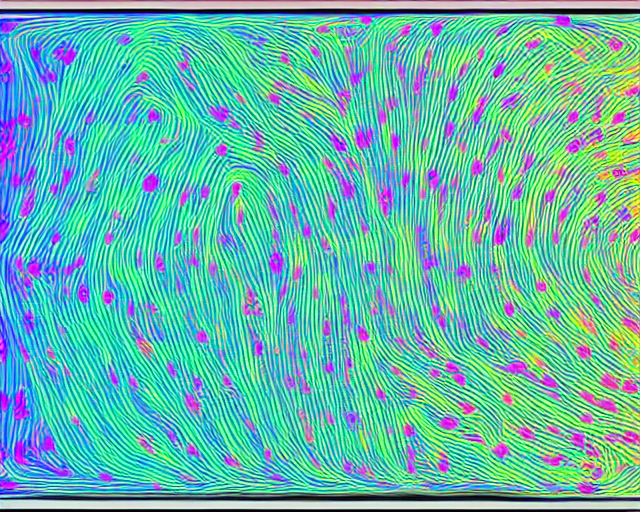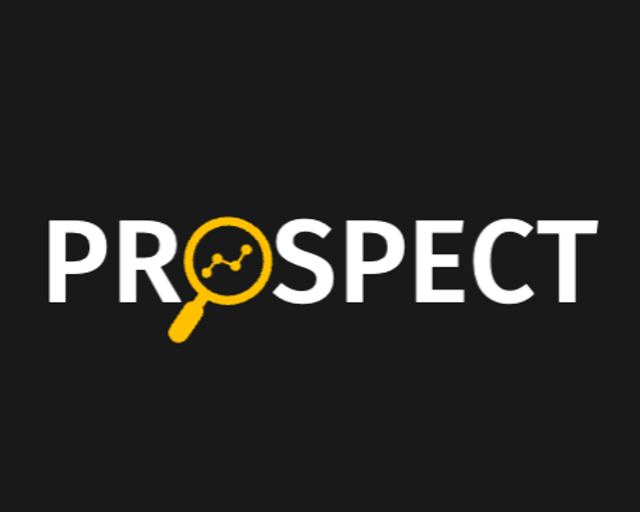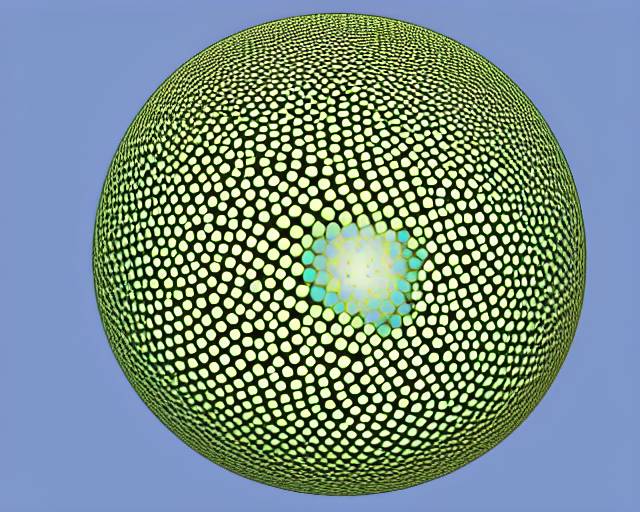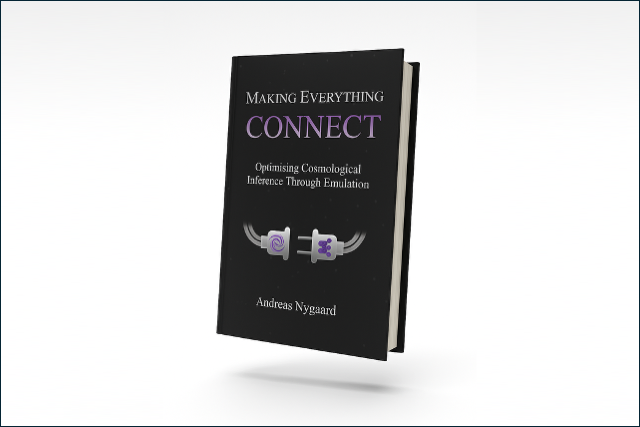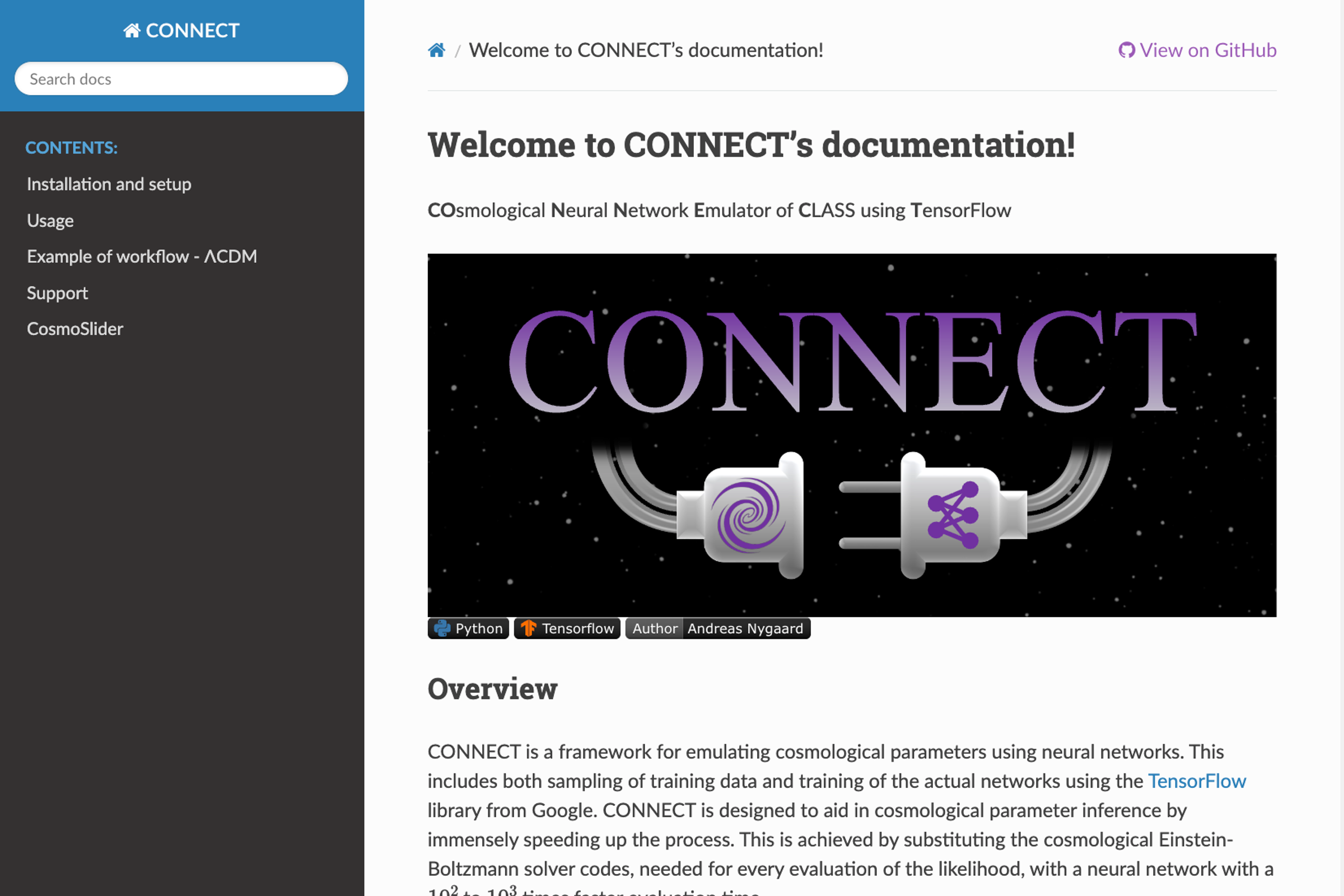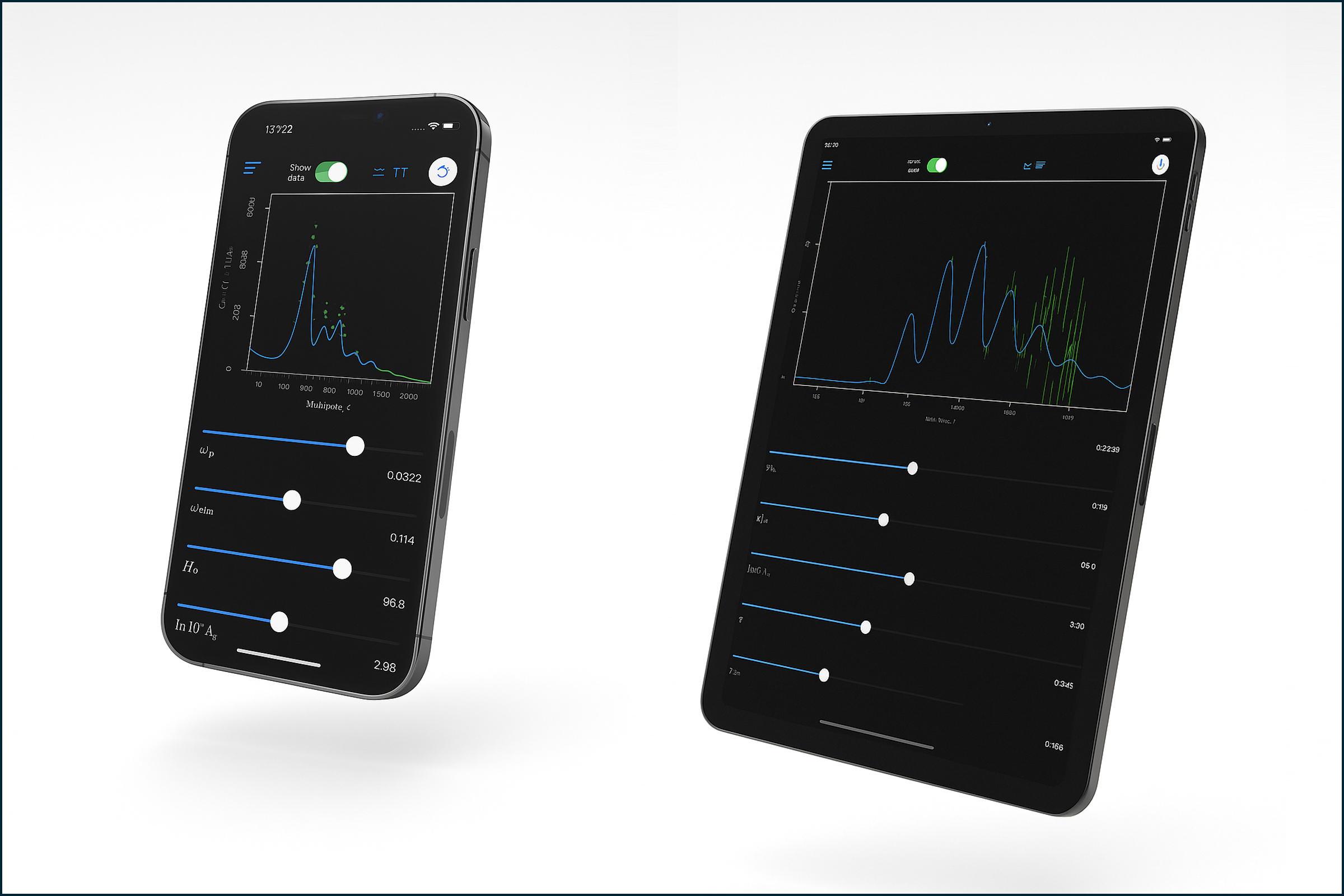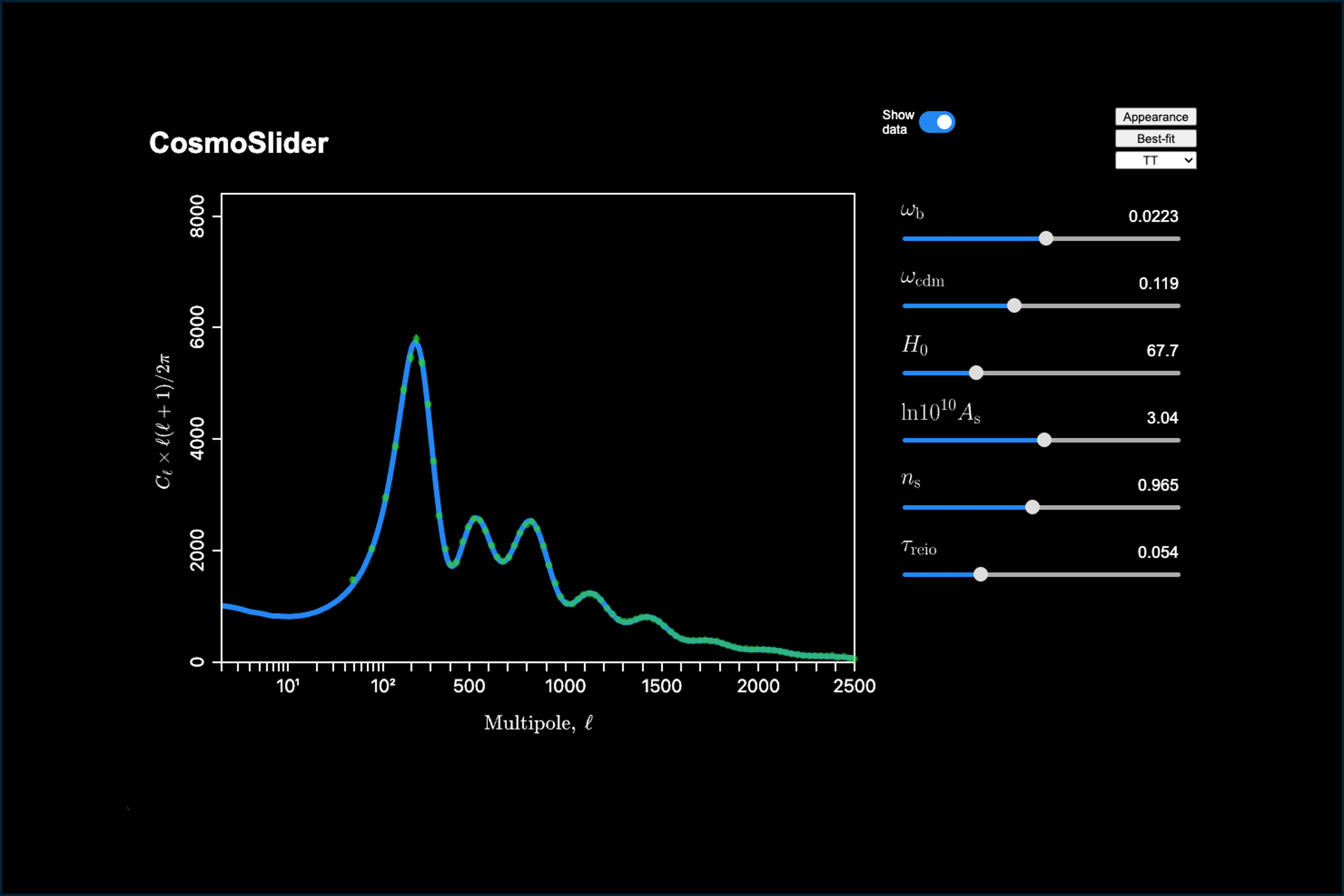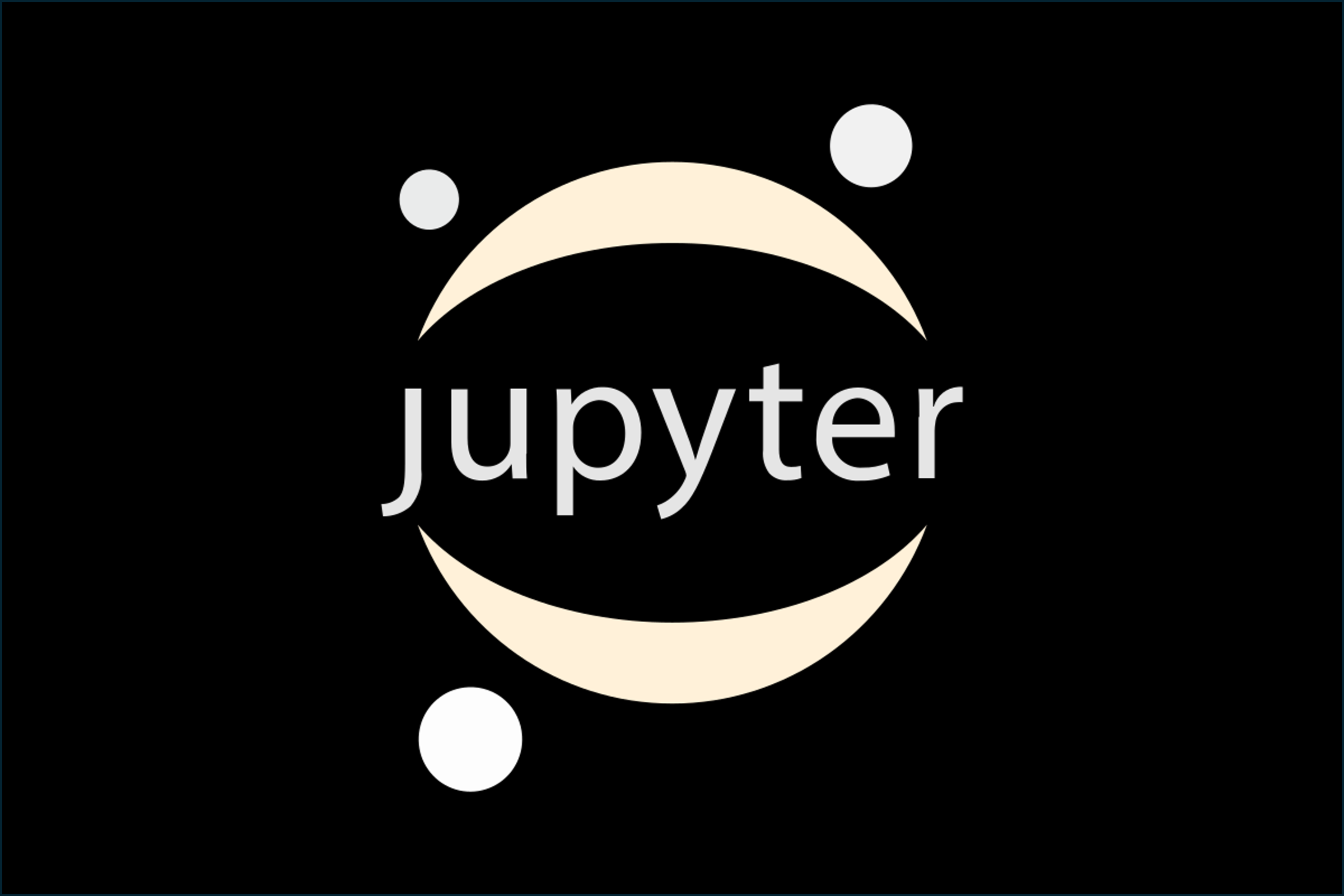Welcome!
I'm a postdoctoral researcher from Denmark currently working at the University of Zurich (UZH) in Switzerland. I work in cosmology and my research focuses primarily on the use of machine learning techniques to improve and accelerate the cosmological analyses.
I actively maintain and improve the publicly available code CONNECT, of which I am the author. This framework uses neural networks to emulate cosmological observables in order to speed up parameter inferences.
Research Interests
-
Machine Learning
I use machine learning to accelerate cosmological analyses, enabling full use of data from current and future surveys. My focus is on neural networks to emulate cosmological observables, making models faster and more efficient.
-
Large Scale Structure
The Universe’s large-scale structure reveals key cosmological information. Accurate, efficient models are essential for interpreting survey data. I focus on simulations and emulators to model structure and improve understanding of the underlying cosmological model.
-
Decaying Dark Matter
Decaying dark matter may ease tensions in cosmological data. I aim to explore its full parameter space and implications by implementing a general model in an Einstein-Boltzmann solver, ensuring robust and efficient analyses.
-
Statistics
Statistical tools maximize information from cosmological data. I focus on Bayesian and frequentist approaches, especially profile likelihoods, which I have implemented in cosmological analyses to improve robustness and extract reliable constraints.
News


